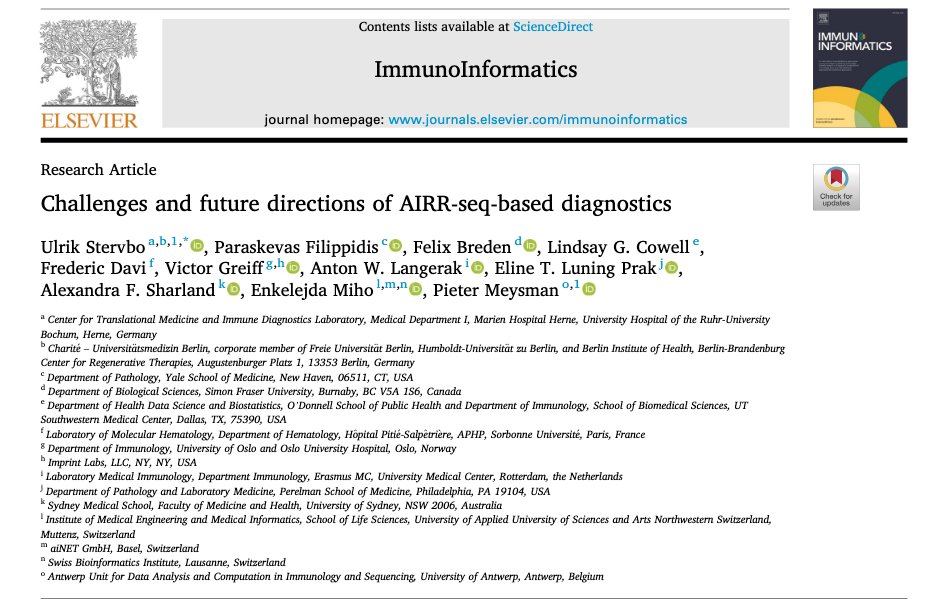TCR sequencing as a diagnostic tool: Our CTO Pieter Meysman co-authors perspective on next-generation immune diagnostics
Adaptive Immune Receptor Repertoire sequencing (AIRR-seq) such as TCR sequencing, has the potential to revolutionise medicine by identifying unique "signatures" of diseases like cancer, infections, and autoimmune disorders from a simple blood test. It could be a powerful diagnostic tool that reads the history of a patient’s immune system, but significant real-world challenges must be addressed to bring it into clinical practice.
A new perspective paper, co-authored by ImmuneWatch Co-founder and CTO, Pieter Meysman, and published in the journal ImmunoInformatics, provides a crucial roadmap for the future of this technology.
The paper, a collaborative effort by the AIRR Community's Diagnostics Working Group, details the three primary hurdles preventing widespread adoption:
- Standardisation: Establishing consistent quality controls so that results are reproducible across all laboratories.
- Data Privacy: Creating robust frameworks to manage sensitive genetic data in compliance with regulations like GDPR and HIPAA.
- Clinical-Grade Software: Developing secure, reliable, and interpretable bioinformatics tools that clinicians can trust for patient decision-making.
"The science is incredibly promising, but it's not enough to have a brilliant technology; we must build a trustworthy ecosystem around it," said Pieter Meysman, CTO of ImmuneWatch. "This paper is a call to action for researchers, clinicians, and industry leaders to collaborate on the standards and tools necessary to responsibly bring AIRR-seq diagnostics to patients"
By outlining these challenges, the authors provide a clear path forward, emphasising that a united effort is key to unlocking the full potential of immune-based diagnostics.
Stay up to date
Subscribe to our newsletter to receive useful tips and information.






